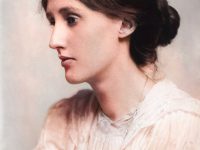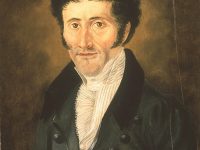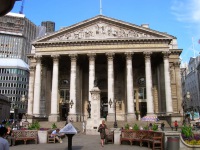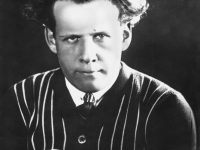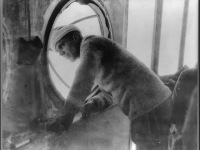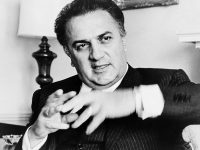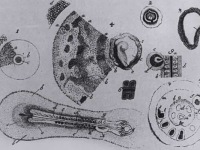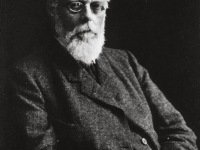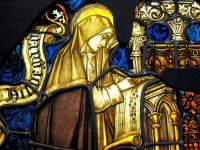Virginia Woolf and the Birth of Modern Literature
On January 25, 1882, English writer Virginia Woolf was born. She is considered one of the foremost modernists of the twentieth century. Her most famous works include the novels Mrs Dalloway (1925), To the Lighthouse (1927) and Orlando (1928). “The beauty of the world which is so soon to perish, has two edges, one of laughter, one of anguish, cutting the heart asunder.” — Virginia Woolf, A Room of One’s Own (1929)…
Read more

